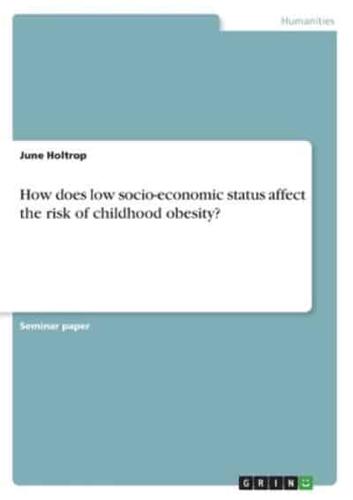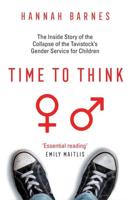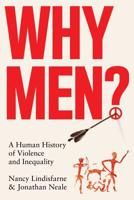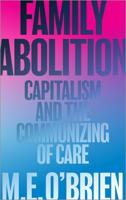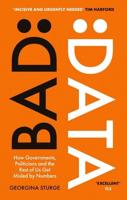Publisher's Synopsis
Seminar paper from the year 2023 in the subject Sociology - Children and Youth, language: English, abstract: The goal of this paper is to explore ways in which low socio-economic status affects the risk of childhood obesity. First, theories and hypothesis will be classified in order to create a theoretical foundation for the paper. Several different studies will be selected and discussed to portray the broad spectrum of research on this topic as well as to gather different perspectives on the matter. Selected studies and results will be comprehensively discussed. Finally, prospects for further research as well as policy suggestions will be addressed. Obesity - a pandemic of the twenty-first century - is affecting more than a billion people worldwide. The struggle with access adipose tissue and its physical as well as social effects does not just affect adults: in America, one of six children suffers from being obese. Worldwide, this number accounts for 39 million children. The World Health Organisation called childhood obesity 'one of the most serious public health challenges of the 21st century'. Studies have shown that childhood obesity strongly correlates with adulthood obesity. Therefore, it is important to intervene and reduce childhood obesity as a risk factor for excess bodyfat and its severe health consequences in adult life. This research paper will take a closer look at the effect of socio- economic status on this matter. It's important to state that this paper is limited to focus on the western world, since the association between socio-economic status and childhood obesity varies from county to country based on the country's socio-economic status. The research question: "How does low socio-economic status affect the risk of childhood obesity?" is sociologically relevant due to the enormous impact of obesity on the social system as well as other socio-economic aspects of modern societies. In the United States, the estimated annual healthcare costs of


